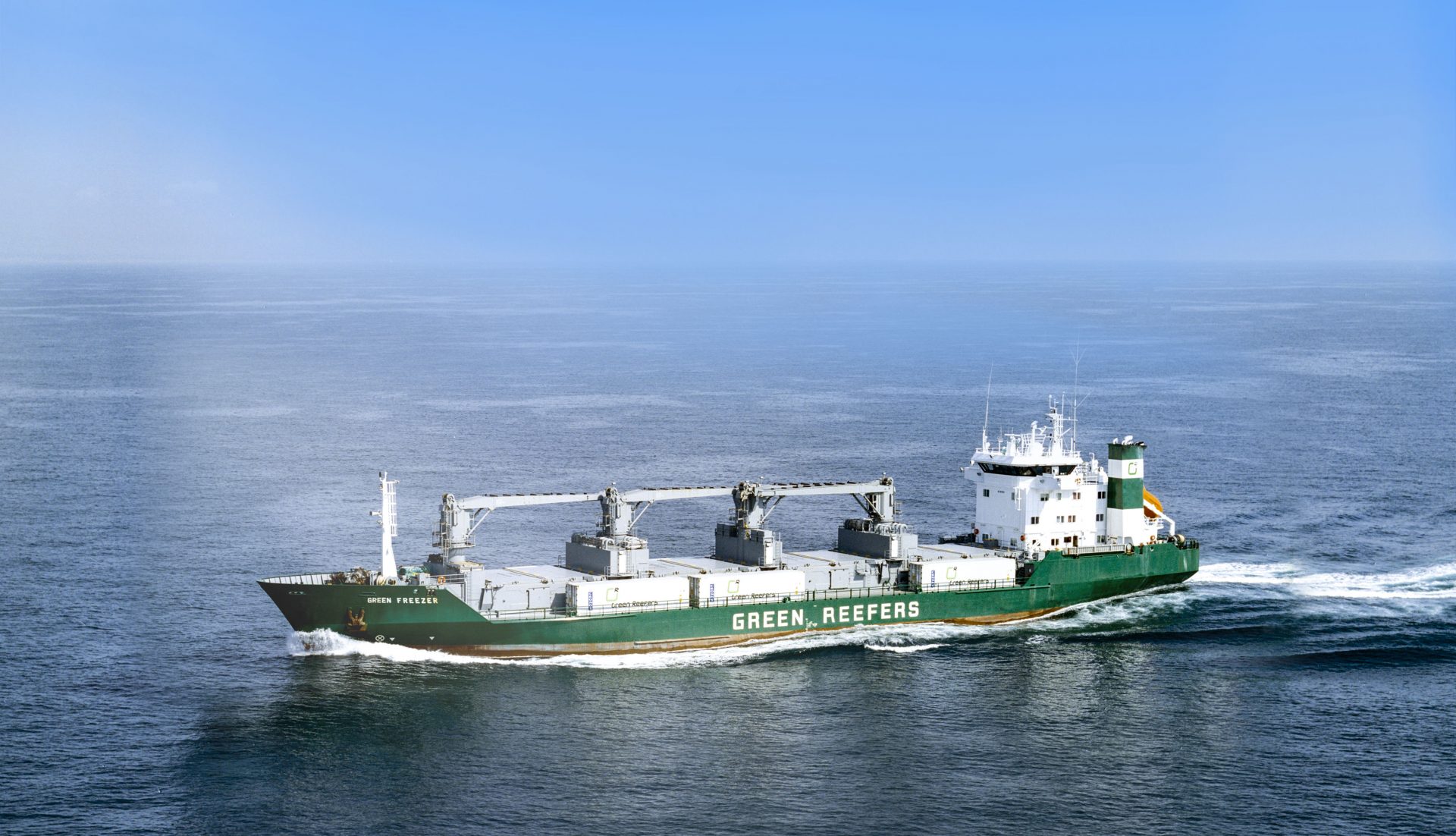The importance of conventional reefer ships for the South African fruit export industry
19/06/2021The Atlantic hurricane season runs from June 1 – November 30 and marks one of the seasonal supply chain disruptor events that require a logistics gameplan in advance and ad hoc decision-making once storms appear in the early stages before they develop into hurricanes.
Last year, the Atlantic hurricane season ranked as one of the most active and fifth costliest on record. The season featured a total of 31 subtropical cyclones of which 30 became named storms with 14 developing into hurricanes, and a record-tying seven further intensified into major hurricanes.

”Every single dollar spent to prepare for or mitigate the effects of extreme weather on any business can offset up to seven dollars in recovery and reconstruction costs following a natural disaster or extreme weather event. With the global pressure seen on today’s supply chains, it is more important this year perhaps than any in recent history to plan ahead with suppliers and logistics service providers to put contingency plans in place as early as possible to mitigate the effects of seasonal climate risk.” said Rob Townley, Head of Maersk Special Project Logistics, based in Washington D.C.
Head of Maersk Special Project Logistics, based in Washington D.C.
Maersk Special Project Logistics is a standby response partner for FEMA (The Federal Emergency Management Agency) – part of the US Department of Homeland Security – and also participates in the National Business Emergency Operations Center (NBEOC) alongside many other private sector partners in support of FEMA’s National Response Coordination Center before, during and after major disasters.
At the regional level, Maersk also works with the Caribbean Disaster & Emergency Management Agency (CDEMA) as a supporting partner for technical and transport assistance across 19 Caribbean nations and provides technical assistance to the Organization of American States’ InterAmerican Committee on Ports for disaster preparedness and business resiliency.
At the port level, APM Terminals leaders work with shippers and truckers – along with the U.S. Coast Guard (USCG) to calibrate container terminal operations to USCG Captain of the Port directives for storm preparation. Customers are encouraged to expedite delivery of import loads prior to storm impact. Refrigerated containers are especially important to monitor and ensure gensets are attached or other reliable power supplies are in place should there be power outages.
Container terminal handling equipment storm preparation measures are also implemented based on storm severity. These include gantry crane tie downs and emergency brake systems activated and empty containers stacks kept low in height and placed close together to prevent wind forces.
Source: www.freshplaza.com


